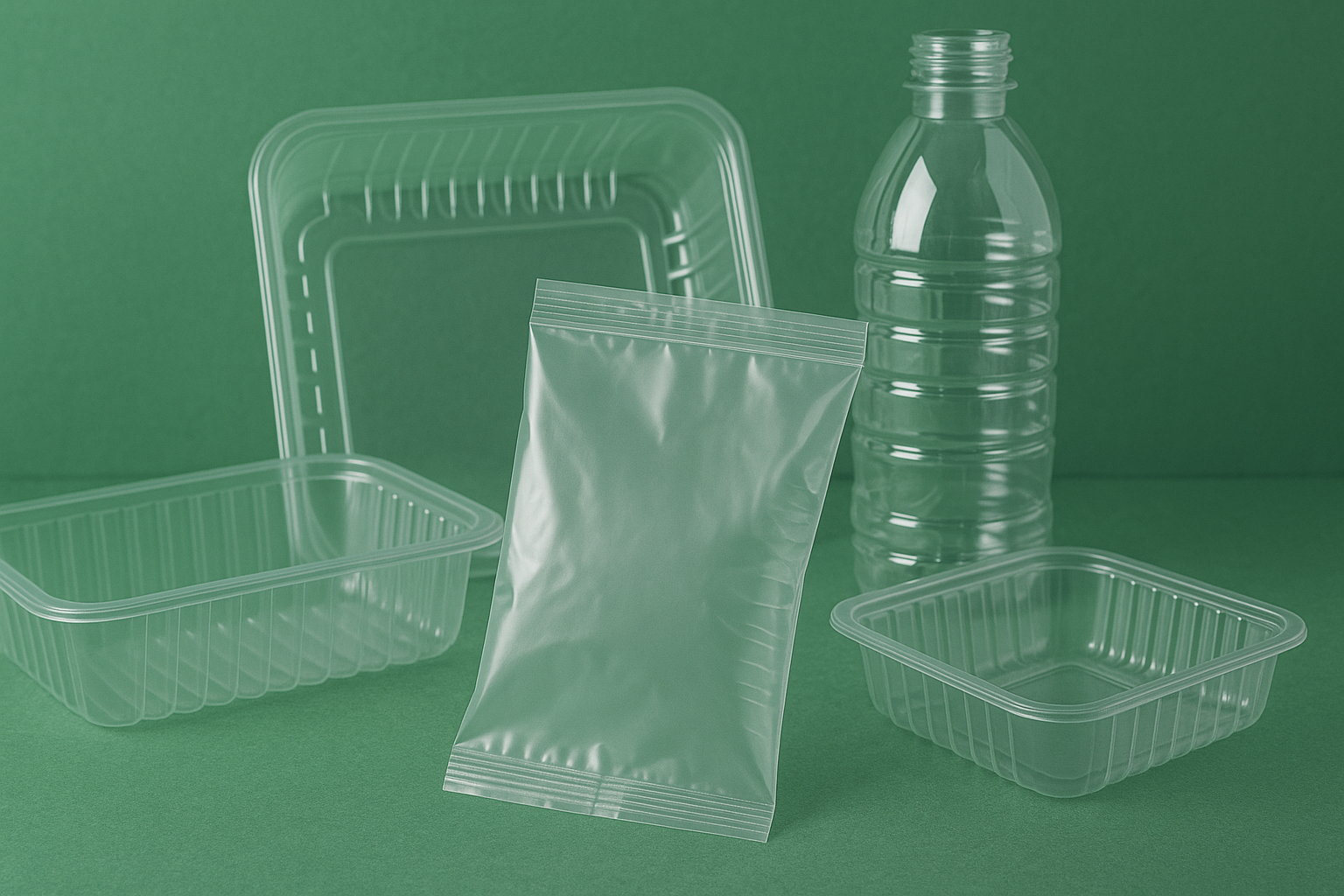The UK’s SSPP Challenge is funding major innovations in sustainable polythene, with direct relevance for packaging, geomembranes, and construction industries creating new opportunities for companies like Polpi Ltd.
The UK is doubling down on sustainable plastic innovation with a hefty investment that could reshape how industries across packaging, agriculture, construction, and geomembranes source and process polythene materials.
Earlier this year, UK Research and Innovation (UKRI) wrapped up the Smart Sustainable Plastic Packaging (SSPP) Challenge, a £60 million public‐private collaborative initiative launched in 2019. Its aim? To advance cleaner, eco focused packaging systems by fostering cross sector partnerships among academics, industry leaders like Polpi, and third sector experts.
What’s driving this momentum?
- Reducing single‑use polythene waste – cutting down the reliance on disposable plastics with better material and design choices.
- Boosting reuse and refill methods – pushing simpler, reusable packaging mechanisms into mainstream use.
- Developing enhanced recycling tech – funding better sorting, recovery systems, and material traceability tools.
- Supporting alternative materials – seeding next‑gen polythene compositions designed for easy recycling.
By leveraging nearly £275 million in co‑investment, these projects ranged from lab scaling to pilot facilities, driving real world impact.
Why this matters to Polpi
- Packaging innovation – Polpi can tap into new polythene blends driven by SSPP funded recycling research building packaging that’s not just robust but designed to be reclaimed and reused.
- Enhanced geomembrane sustainability – Many SSPP projects have potential downstream benefits for geomembranes: closed loop material flow and additives that boost durability without hampering recyclability.
- Regulatory alignment – With Extended Producer Responsibility (EPR) laws emerging and stricter material requirements becoming mainstream, Polpi gains a credibility edge if it embraces SSPP derived solutions.
What to watch next
- Early-stage SSPP projects moving to pilot and commercial scale, especially those focused on rHDPE or circular polythene loops.
- New EPR / recyclability labeling policies ushered in by UK authorities, which will shape how Polpi advises its customers.
- Collaborations between brand owners, packaging providers, and distributors like Polpi aiming for closed‑ oop sustainability.
Real‑world example
A school‑funded SSPP spin out recently prototyped a modular refillable pouch that stands up to agricultural transport yet can return to branded hubs for sanitation and reuse. Similar packaging in construction or geomembrane deliveries could cut waste by up to 40%.
